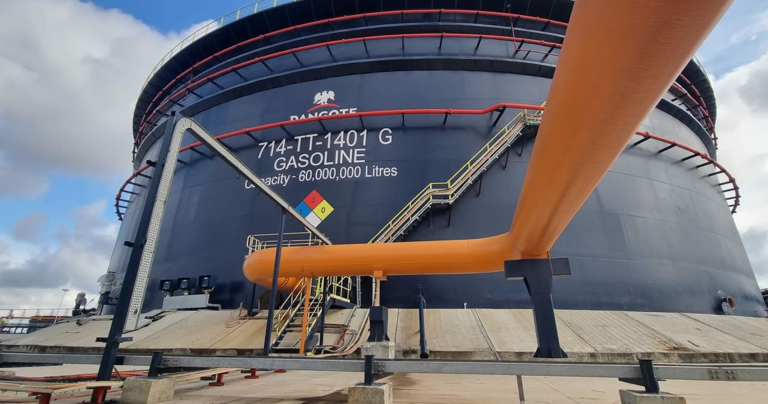
Private Depots Deserted as Dangote Refinery Begins Direct Fuel Supplies
- Business
- 18.09.2025
- 1 Comment
- 84
Private Depots Deserted as Dangote Refinery Begins Direct Fuel Supplies.
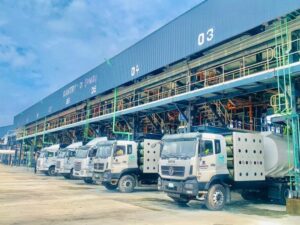
direct fuel supplies to marketers, causing a ripple effect across Nigeria’s downstream
petroleum sector. Private depots in Lagos and its environs were largely deserted yesterday as operators
anticipated benefits from this new distribution model.
This development marks a historic shift in Nigeria’s oil industry, which for decades has relied heavily
on imported petrol and middlemen-driven depot operations. The refinery’s move toward direct sales is
already reshaping supply chains, pricing, and competition in the country’s fuel market.
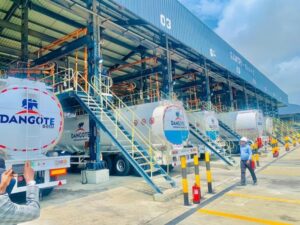
operations slowed down significantly. According to sources, this was primarily due to Dangote Petroleum
Refinery’s decision to begin direct supplies to marketers, bypassing the traditional depot system.
One anonymous industry insider stated:
“The Dangote Petroleum Refinery has commenced direct supplies to marketers. This is mainly why the
depots have recorded skeletal operations.”
This transition represents a major disruption to the established order in Nigeria’s downstream oil
sector, where depots have historically played a key role in bridging the gap between suppliers and
retailers.
Related News: JUST IN: Dangote Refinery Slashes Petrol Price to N820/Litre
BREAKING: NUPENG Suspends Strike After Agreement With Dangote Refinery
DANGOTE PETROLEUM REFINERY TO BEGIN DISTRIBUTION OF PMS AND DIESEL NATIONWIDE
Tanker Drivers Threaten Nationwide Strike Over Dangote’s CNG Truck Scheme
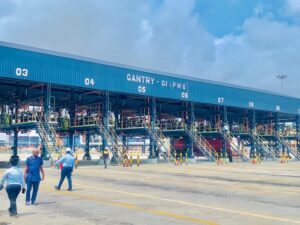
the sector is currently destabilized by the new market leader:
“The downstream petroleum sector is currently destabilized as the new market leader (Dangote) is calling
the shots. The 1,000 trucks roll out on Monday have heightened tensions among depot owners and retailers,
causing a sharp decline in purchases.”
For the first time in Nigeria’s modern oil history, global oil prices are rising while
depot prices are dropping. This unprecedented trend underscores the power of local
market forces driven by the Dangote Refinery.

“By and large, this revolution will drive the industry to embrace best practices and drive prices at
the pump.”
Aliko Dangote, President/Chief Executive of Dangote Petroleum Refinery, emphasized
the transformative impact of the refinery on Nigeria’s energy security.
Dangote highlighted that Nigerians have endured persistent fuel queues since 1975.
However, this long-standing issue has been steadily resolved since the refinery began rolling out petrol
on September 15, 2024. He stated:
“We have been battling fuel queues since 1975, but today Nigerians are witnessing a new era.”
This milestone reflects the refinery’s commitment to ensuring consistent supply of petrol, reducing
Nigeria’s reliance on imports, and stabilizing pump prices across the country.
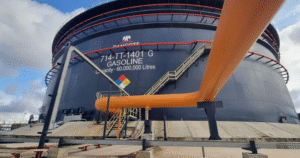
commitment to Nigeria and Africa. He noted:
“The journey has been challenging because we sought to transform the downstream sector in Nigeria.
Some believed we were taking food from their tables, which simply isn’t true. What we have done is to
make our country and continent proud. Previously, only two African countries were not importing petrol,
but regrettably, they have since resumed imports. This is detrimental to Africa.”
By investing heavily in local refining capacity, Dangote aims to reverse Africa’s dependency on imported
fuels, thereby improving the continent’s energy independence.
involved enormous risks. He received repeated warnings from industry experts, investors, and local
and foreign government officials, who argued that only sovereign nations could undertake such
large-scale refinery ventures. He admitted:
“The decision to build the refinery was not easy. If it had gone wrong, lenders would have taken our
assets. But we believed in Nigeria and Africa.”
This bold move underscores Dangote’s confidence in Nigeria’s potential and his commitment to driving
industrial growth and self-sufficiency across Africa.

By eliminating intermediaries, the refinery is likely to reduce costs, streamline distribution, and
improve pricing transparency.
Depot owners and retailers are now compelled to adjust to a new competitive landscape where
efficiency, pricing, and quality of service will determine their survival. Analysts
predict that in the long term, this will benefit consumers by reducing pump prices and ensuring a
steady supply of fuel.
petrol imports and strengthening domestic refining capacity, the country could save billions in foreign
exchange annually. Additionally, job creation, improved infrastructure, and enhanced investor confidence
are anticipated outcomes of this massive project.
The refinery’s ability to influence market prices also signals the dawn of a new era in
which Nigeria can leverage its own resources to stabilize its economy, reduce inflationary pressures,
and improve the livelihoods of its citizens.
downstream petroleum sector is poised for a complete transformation. The direct fuel supply model,
combined with best practices and modern infrastructure, sets the stage for a more competitive, efficient,
and sustainable industry.
Industry experts believe that this disruption will accelerate reforms, encourage private investment, and
force all players to adopt global standards. In the long run, this could position Nigeria not just as a
regional leader in energy production but as a key player in the global oil and gas market.

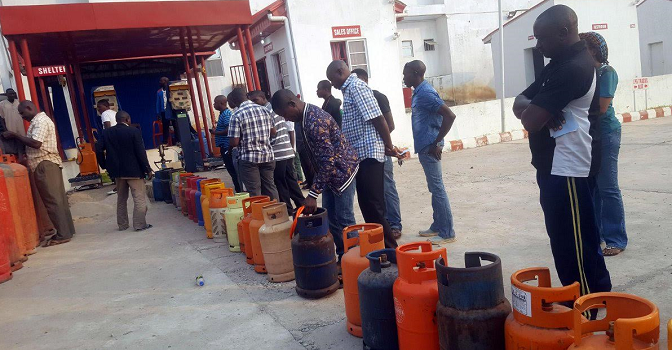

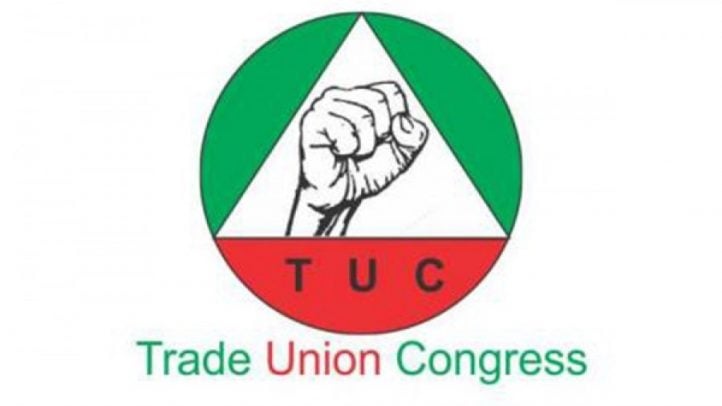




1 Comments
[…] According to a memo dated September 25, 2025, signed by the Chief General Manager of Human Asset Management, Femi Adekunle, and posted online by Wakili, the company explained that the decision was taken as part of a “total re-organisation” of the plant.The memo cited reported cases of sabotage in different units of the refinery as a major factor neces… […]